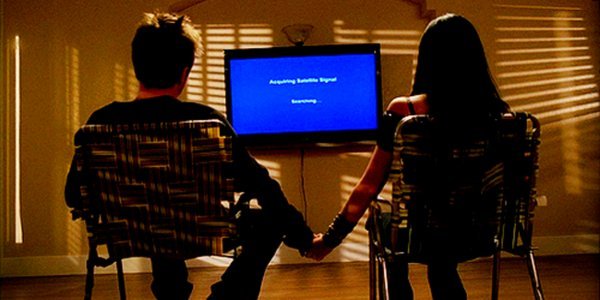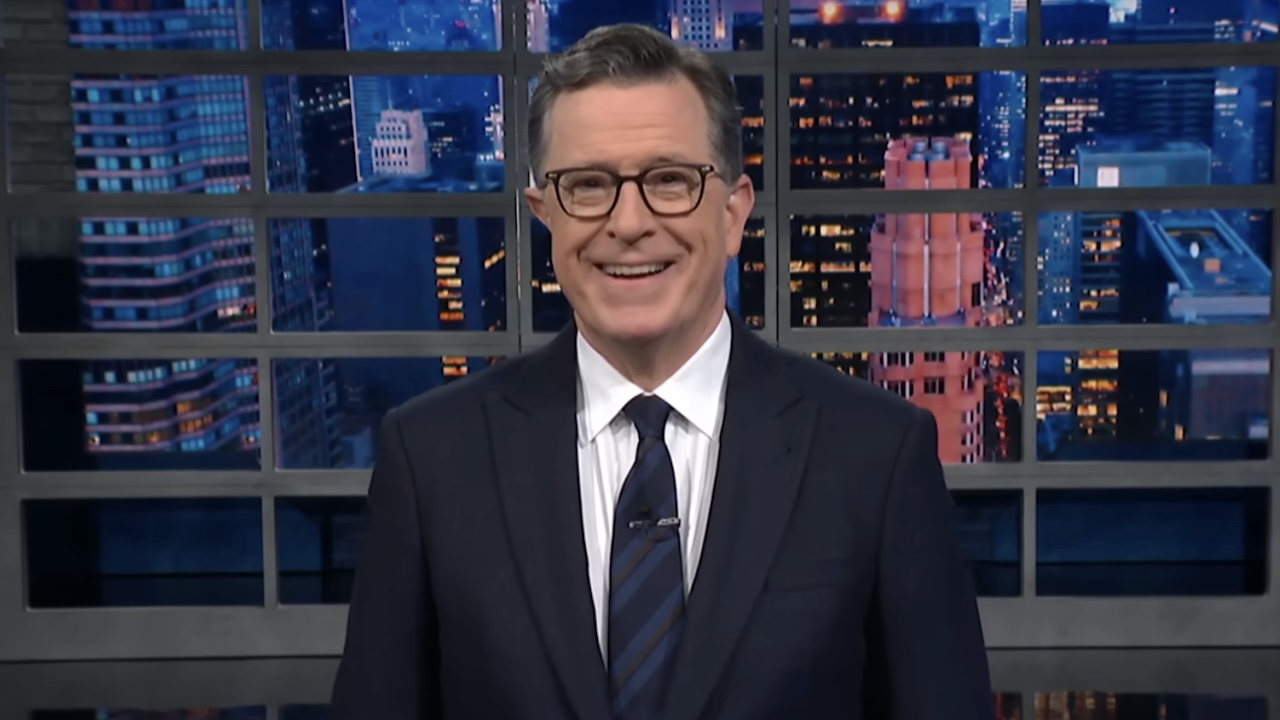FCC Fines Sinclair Broadcast Group For Millions Over Sponsored Ads Run As News Stories

The television business isn't simple, and one company may now be paying a hefty price for reportedly breaking one of the many rules about news broadcasting. The FCC claims that Sinclair Broadcast Group made a habit of running sponsored ads as news stories, and Sinclair could have to pay a very big price for doing so. In fact, they may pay upwards of $13 million.
Here's what happened. The FCC was reached by an anonymous complaint that Sinclair Broadcast Group was airing paid programming during news programs without disclaiming to viewers that the stories were actually sponsored ads. The ads centered around the Huntsman Cancer Center, which paid for them to air. They hit the airwaves presented as news coverage generated independently by outlets to air either as segments during the local news or as television programs running 30 minutes. According to the FCC, the sponsored ads were run as news stories no fewer than 1,7000 times. In response, the FCC has slapped Sinclair Broadcast Group with a fine of $13.4 million. Variety reports that this fine is the largest ever assigned by the FCC for violation of sponsorship identification rules.
Naturally, Sinclair Broadcast Group would rather not have to pay more than $13 million to the FCC. According to Sinclair, the instances of failed sponsorship identification in the news broadcasts and half-hour specials "was unintended and a result of simply human error." Sinclair believes that the fine is unreasonably high in light of the circumstances of the case. The fact that no harm was done to viewers by the absence of sponsorship identification is also used as a reason why the $13.4 million is deemed excessive. The company intends to challenge the sanction issued by the FCC.
Interestingly, not everybody on the FCC team agreed about how much to fine Sinclair Broadcast Group. Three of the five members of the commission agreed on the $13.4 million fine while the remaining two dissented. According to one, the $13.4 million simply wasn't high enough, especially considering Sinclair generated $2.7 billion in revenue in the last year. There's also the point that Sinclair has been fined a number of times by the FCC over the years, which led the dissenters to believe that Sinclair should face "the highest fines permissible" under FCC rules.
We can only wait and see what happens next. The FCC has been in the spotlight recently with the net neutrality debate. Sinclair Broadcast Group is likely less-known by the public, although comedian John Oliver did cover the company in a segment on Last Week Tonight over the summer. Only time will tell what's in store for Sinclair and whether or not this case will raise public awareness for its role in the media.
Stay tuned to CinemaBlend for the latest in TV news. For what you'll be able to watch in the new year, take a look at our 2018 midseason TV premiere schedule and our 2018 Netflix premiere schedule. For the shows that weren't lucky enough to score orders for any more episodes, swing by our 2017 television cancellation breakdown.
Your Daily Blend of Entertainment News

Laura turned a lifelong love of television into a valid reason to write and think about TV on a daily basis. She's not a doctor, lawyer, or detective, but watches a lot of them in primetime. CinemaBlend's resident expert and interviewer for One Chicago, the galaxy far, far away, and a variety of other primetime television. Will not time travel and can cite multiple TV shows to explain why. She does, however, want to believe that she can sneak references to The X-Files into daily conversation (and author bios).
